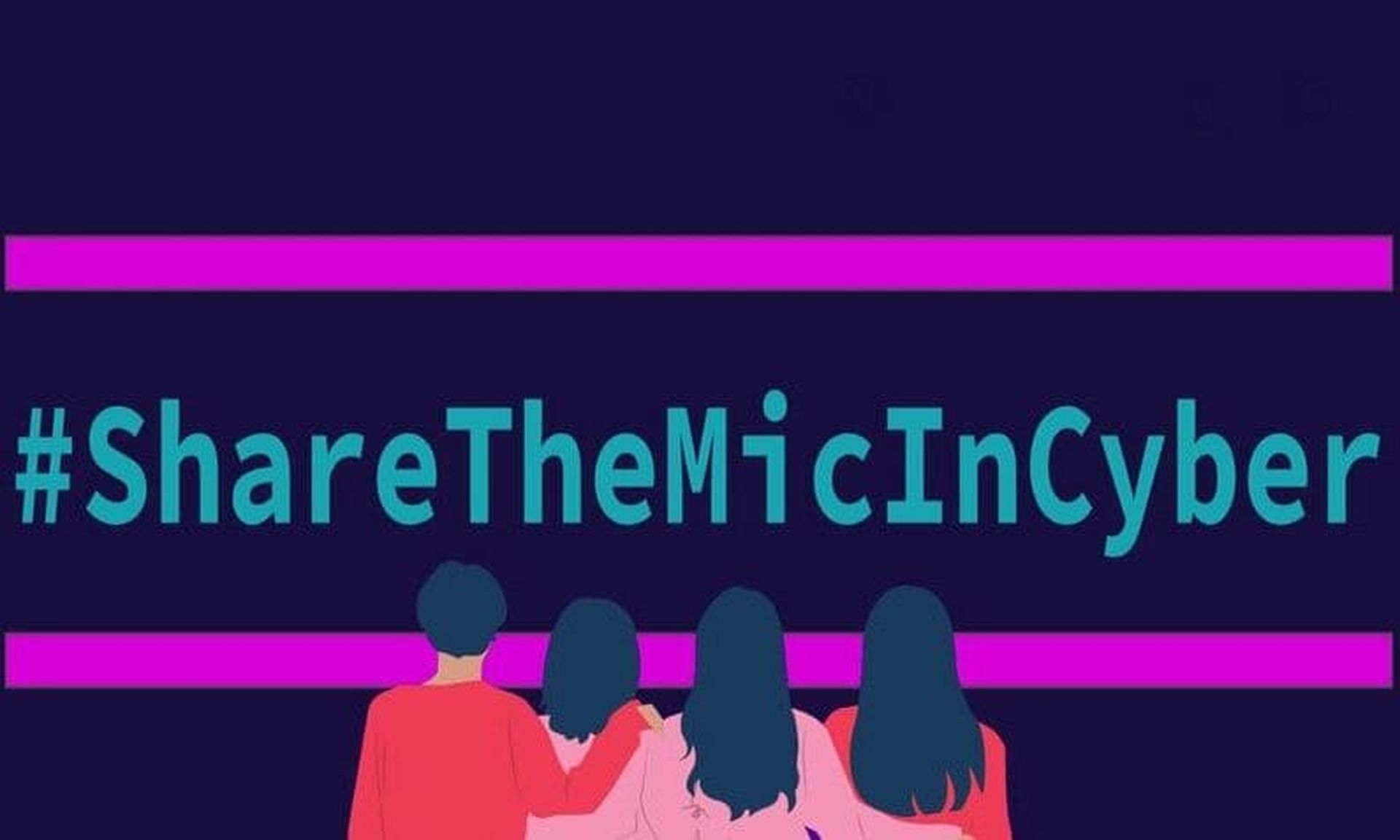Infosec is in the earliest stages of reckoning with its disparate recruitment, retention and recognition of its black workforce. One of the biggest problems comes down to visibility – conference keynotes, job offers and mentorships often rely on a hardened network of social relationships that people on the outside can struggle to crack. Until they do, recruitment that is representative of the people cybersecurity pros see is not necessarily representative of the community as a whole.

ShareTheCyberMic
First coming together in June and with periodic events since then, #ShareTheMicInCyber tackled visibility in a subtle but effective way. Popular infosec Twitterers handed over their accounts to black professionals they respected for a day. It provided a public endorsement of a new face and exposure without feeling intrusive. And it’s been undeniably effective: One person credited the campaign with an offer to join a board as an adviser.
Click here to access all coverage of the 2021 SC Awards.
ShareTheMicInCyber was the creation of Camille Stewart and Lauren Zabierek as an industry specific adaptation of the ShareTheMicNow campaign, where prominent white women in entertainment and politics leveraged their social media accounts to amplify black women’s voices. They have now run three events, one in June, one in October and one homing in on Black women in security in March for Women’s History Month.
The pair are impressive even outside the campaign. Stewart, a former senior policy advisor at the Department of Homeland Security, is global head of product security strategy at Google, and moonlights in policy positions at think tanks like New America and Council on Foreign Relations. Zaberek served in intelligence roles in the Air Force and National Geospatial Intelligence Agency, and worked in the private sector at Recorded Future before becoming executive director of the cybersecurity program at Harvard University’s Belfer Center.
Stewart and Zabierek discussed the founding of ShareTheMicInCyber and its effects at an SC Media video event in late 2020, where Stewart explained why ShareTheMicInCyber had been successful where other outreach efforts have not.
“We let [ShareTheMicInCyber] be bigger than us. It was a movement that doesn't hold individuals back from adding to it and expanding on it, from breathing life into it,” she said. “And it created a framework that allowed people to recognize that they as individuals have power to play a part in eradicating systemic racism, to create safe spaces for hard conversations and to also put action around giving platforms and opportunity.”




